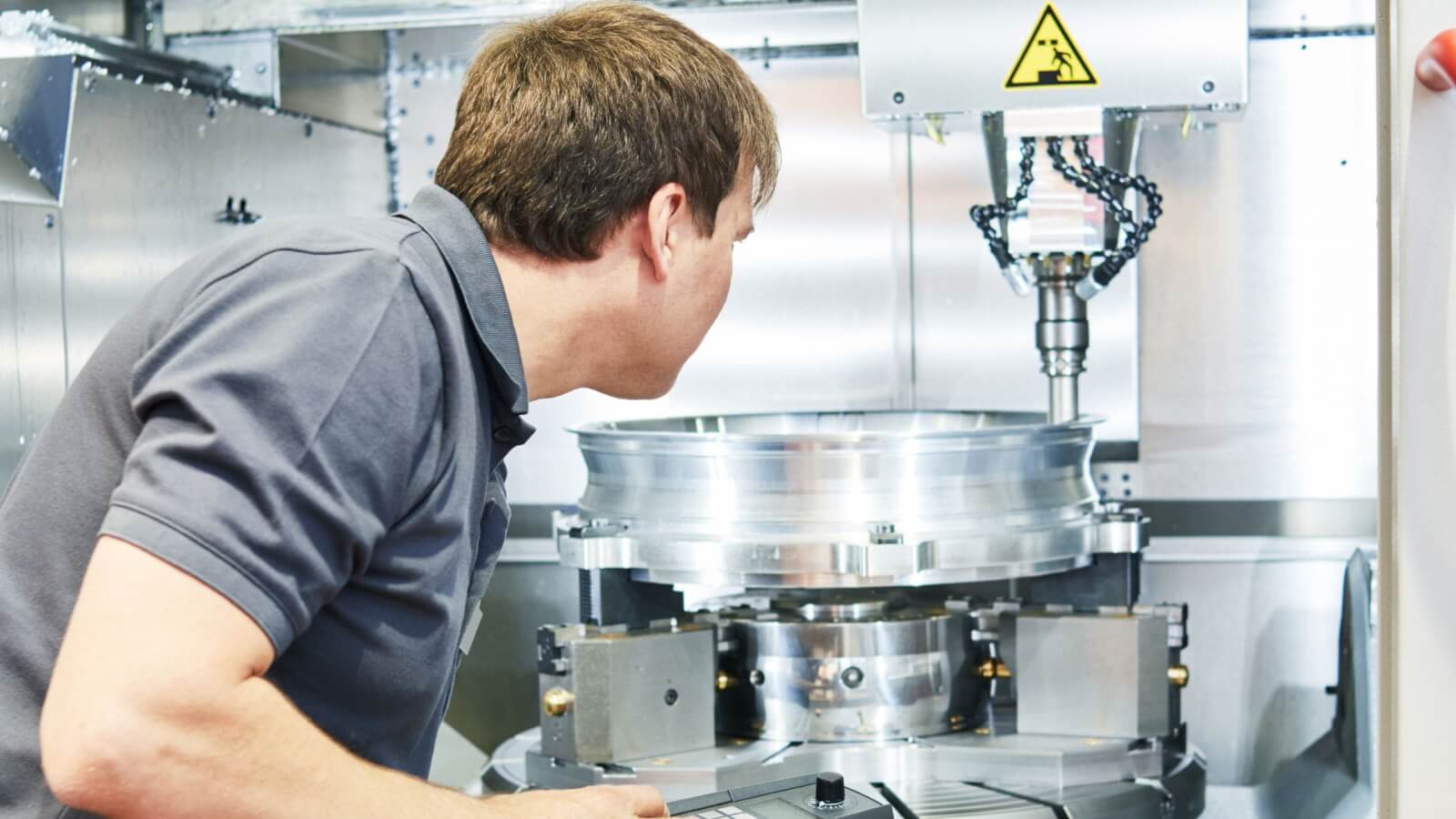How is CNC Milling Used in Industry?

CNC milling, short for Computer Numerical Control milling, has become an integral part of modern industrial manufacturing. It is a versatile and precise machining process that is employed across various industries, from aerospace and automotive to healthcare and electronics. This article explores the significance of CNC milling in industry, its applications, benefits, and the role it plays in shaping the modern manufacturing landscape.
1. What is CNC Milling?
CNC milling is a manufacturing process that involves the use of computer-controlled machines to remove material from a workpiece to create a desired shape or component. The heart of CNC milling lies in the computer program that guides the milling machine, allowing for exceptional precision and repeatability. This process relies on rotating cutting tools to remove material from a solid workpiece, and it is suitable for a wide range of materials, including metals, plastics, and composites.
2. Applications of CNC Milling
- Aerospace Industry: CNC milling is extensively used in the aerospace industry for manufacturing complex components like aircraft parts and engine components. The precision and reliability of CNC milling machines are crucial for ensuring the safety and performance of aircraft.
- Automotive Industry: In the automotive industry, CNC milling is employed to produce engine parts, transmission components, and various other intricate components. The process ensures tight tolerances and high-quality finishes.
- Healthcare and Medical Devices: CNC milling plays a vital role in the production of medical devices and implants. It enables the creation of precise and custom components that are essential for patient care and medical advancements.
- Electronics and Semiconductor Manufacturing: The electronics industry relies on CNC milling to create precise circuit boards and other intricate components. The ability to work with various materials is particularly advantageous in this sector.
- Mold and Die Making: CNC milling is widely used in mold and die making for the production of parts and products. The process allows for the rapid and precise creation of molds, reducing lead times and improving overall efficiency.
- Architectural and Industrial Design: CNC milling is also employed in architectural and industrial design for creating prototypes and intricate designs with a high degree of accuracy.
3. Benefits of CNC Milling
- Precision: CNC milling machines offer exceptional precision, allowing for the creation of components with tight tolerances. This level of accuracy is crucial in industries where safety and reliability are paramount.
- Repeatability: CNC milling machines can replicate the same component repeatedly without any variation. This consistency is essential in mass production processes.
- Versatility: CNC milling machines can work with a wide range of materials, from metals to plastics and composites, making them adaptable for various industries.
- Efficiency: CNC milling machines can operate 24/7, reducing production time and costs. Additionally, they can handle complex designs and geometries that would be challenging for manual machining.
- Reduced Waste: CNC milling generates minimal waste as it optimizes material usage, reducing scrap and environmental impact.
4. The Role of CNC Milling in Modern Manufacturing
CNC milling has revolutionized modern manufacturing by enhancing efficiency, precision, and versatility. It has enabled industries to produce components that were once difficult or impossible to manufacture using traditional methods. Furthermore, it has reduced lead times, improved quality control, and lowered production costs, making it a cost-effective choice for many companies.
Conclusion
CNC milling is an indispensable technology that has significantly impacted various industries by revolutionizing their manufacturing processes. Its precision, repeatability, versatility, and efficiency make it a cornerstone of modern production. From aerospace and automotive to healthcare and electronics, CNC milling continues to shape the manufacturing landscape by providing high-quality components that are essential for advancements in technology, safety, and product innovation. As technology continues to advance, CNC milling will likely play an even greater role in shaping the future of industrial manufacturing.








